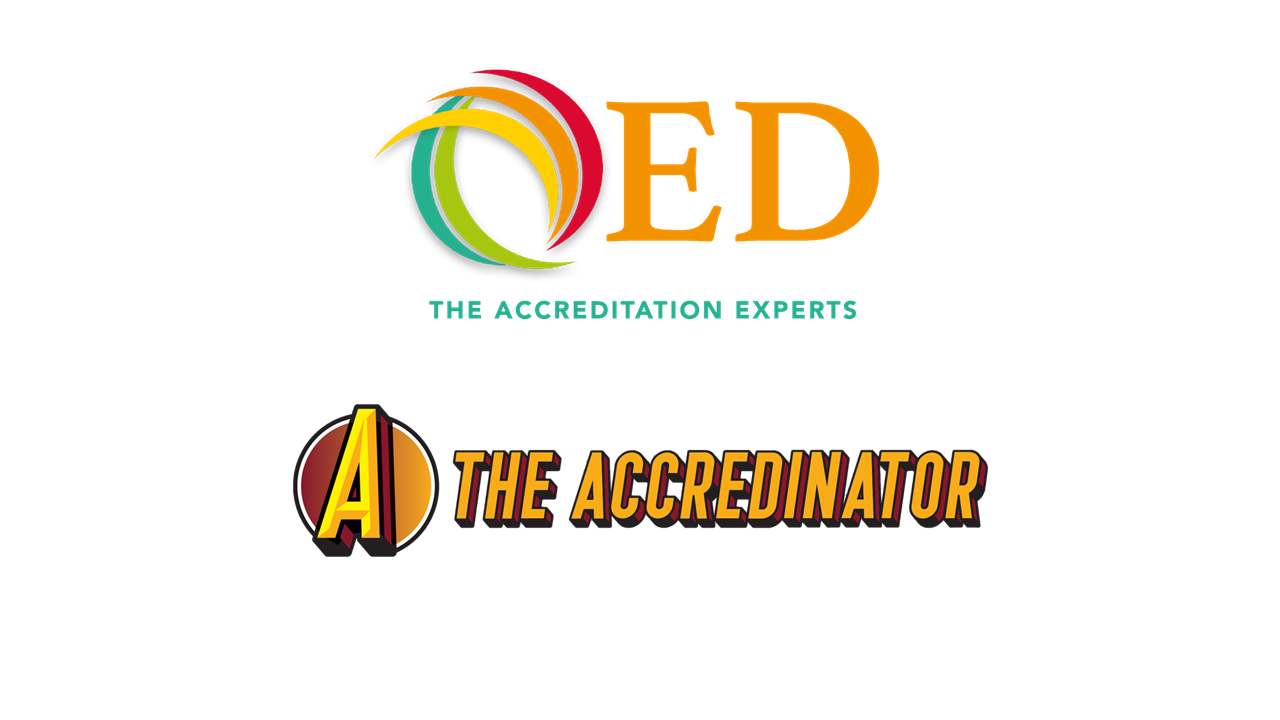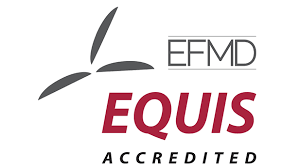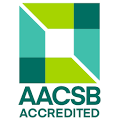
Accredinator V1.25 was launched at the end of October 2021. Read on to learn about updates….

Accredinator V1.25 was launched at the end of October 2021. Read on to learn about updates….

QED has listed the costs and fees associated with each of the accreditation bodies (#1 above), valid as of 26 October 2021. These can be viewed here.

H2 Software has launched the following updates to Accredinator.
The Accredinator is a software application that helps business schools with accreditation requirements for AACSB, AMBA and EFMD. You can learn more about The Accredinator (including booking a free demo) here.

Pro-active management of risk has assumed a higher significance in recent years – including in the higher education sector. More recently, both AACSB and EFMD require business schools seeking international accreditation to provide details about risk management and contingency planning. Many schools are now seeking to prepare a formal, school-level risk register or risk management template. There are many ways to approach this exercise. QED has provided a sample overview and template register that may be useful for those schools approaching this exercise for the first time.
QED’s overview and example approach is available in this downloadable PDF file.
(Please note, you may have to log in download this file)
For advice and further details, please contact the QED Accreditation Team at info@QEDaccreditation.com.

As we return to the office on a more permanent basis following a summer break, I’m thinking about what it means to show up as a leader in what continues to be a time of uncertainty for so many.

As we return to the office on a more permanent basis following a summer break, I’m thinking about what it means to show up as a leader in what continues to be a time of uncertainty for so many.

EFMD revises the documentation supporting EQUIS periodically. QED’s overview of the updates made as part of the 2021 publication, together with an assessment of the significance of the change can be found in this downloadable PDF file.
Whilst most changes are unlikely to be significant, there are a small number which should be considered by institutions within the accreditation process OR preparing for re-accreditation.
NB: This document represents QED’s interpretation of the EQUIS Updates. We recommend that you view the updated document directly – which is available from EFMD’s website:
Currently, other documents remain as per previous updates
As above, QED’s summary of the updates across the key documents is available in this downloadable PDF file.
For advice and further details on any of the above, please contact the QED Accreditation Team at info@QEDaccreditation.com.

AACSB significantly updated its Business Accreditation Standards in 2020. Over the past year, it has continued to consult and receive feedback on the new standards – from pilot schools, members and volunteers. It has now published its first set of amendments/updates (1 July 2021).
QED’s overview of the updates made as part of the 2021 publication, together with an assessment of the significance of the change can be found in this downloadable PDF file.
Whilst the vast majority of changes reflect clarification only, there are a small number which could potentially impact schools. Regardless, QED recommends that all schools within an AACSB accreditation process (whether initial or renewal) should review and ensure they have understood the changes and clarifications.
NB: QED’s material represents QED’s interpretation of the AACSB Updates. We always recommend that you view the updated standards directly – which are available from AACSB’s website in the following formats:
As above, QED’s summary of the updates across the key documents is available in this downloadable PDF file.
For advice and further details on any of the above, please contact the QED Accreditation Team at info@QEDaccreditation.com.
It is easy to become rather cynical about organisational exercises to clarify and publish values… How well do your published values statements (i.e. the laminated version!) align with your lived values?
Over 20% of survey respondents report having less trust in organisations (QED Survey Q1 2021).
Recent Comments